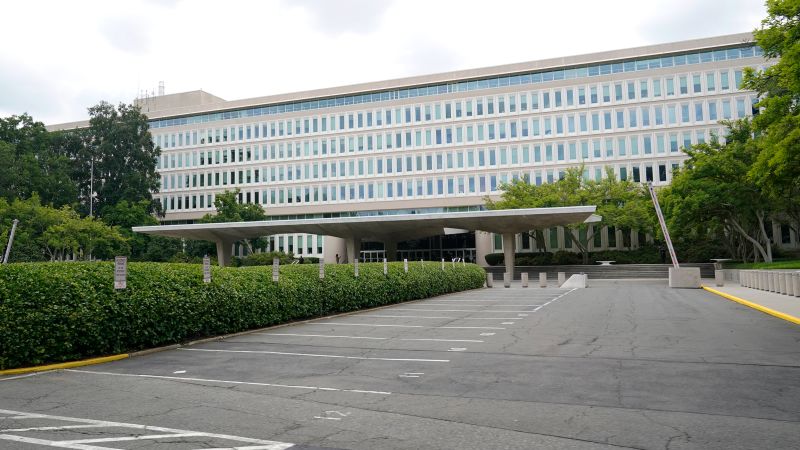Bill Burns became CIA director in March 2021 and vowed to investigate a mysterious illness affecting soldiers, spies, and diplomats known as Havana syndrome. Victims felt ignored and unprotected by the Trump administration’s handling of the illness and hoped Burns would take it seriously. However, three years later, victims and advocates are frustrated by the CIA’s assessment that the illnesses are unlikely to be the work of a foreign actor. The intelligence community’s lack of evidence attributing the episodes to Russia has left victims feeling betrayed and angry.
Congressional sources familiar with the CIA’s internal investigations say the evidence is lacking. Victims are infuriated by controversial studies by the National Institutes of Health, which found few clinical differences between AHI patients and healthy comparison groups. The study work has been suspended amid allegations that participation was required as a prerequisite for care at Walter Reed, leading to further tensions between victims and government agencies. The debate over Russia’s involvement has led to deep disillusionment and distrust among victims and the authorities responsible for investigating Havana syndrome.
While some believe that Russia is responsible based on open-source materials, the CIA maintains that all incidents have been investigated and continues to conclude that Russia is unlikely to be involved. Victims are frustrated by what they perceive as a lack of effort from the intelligence community to get to the truth of the matter. The mysterious illness has led to congressional investigations, lawsuits, and intense advocacy efforts, with reports of strange episodes impacting US officials in various locations around the world.
A former defense official who believes Russia is behind the injuries has started a company to provide additional care to victims but has not yet won a contract. The Senate and House Intelligence Committees are investigating the intelligence community’s work on Havana syndrome, with some experts suggesting the injuries could be the result of a directed energy attack. Multiple government agencies have tried to recreate such a weapon, but the power needs have posed challenges that researchers have been unable to overcome.
Amidst claims that CIA officers were required to participate in NIH studies as a prerequisite for care, the agency denies victims were required to participate. Many victims are frustrated with the lack of evidence tying different episodes to Russia, while sympathetic US officials are focused on pursuing new information and supporting those affected. The tension between victims and government agencies remains, with the CIA insisting they are following the evidence where it leads, which consistently points against US adversaries causing the incidents.
Allegations that participation in the NIH studies was a prerequisite for care have raised ethical concerns, with victims feeling pressured to participate for treatment. Serious allegations like these are uncommon, and medical ethicists emphasize that participants should never be pressured to join a study for treatment. The lack of a specific treatment for Havana syndrome complicates the situation, as giving false hope could be detrimental to the victims. Overall, the lack of concrete evidence and ongoing tensions between victims and government agencies highlight the complexities surrounding Havana syndrome.













